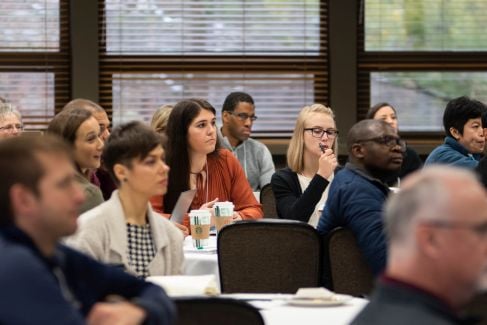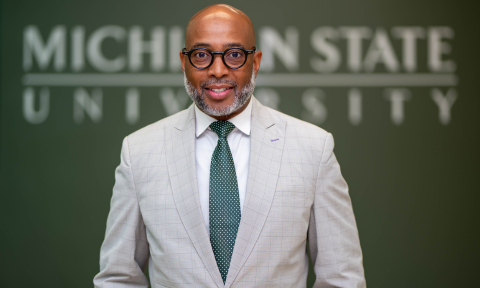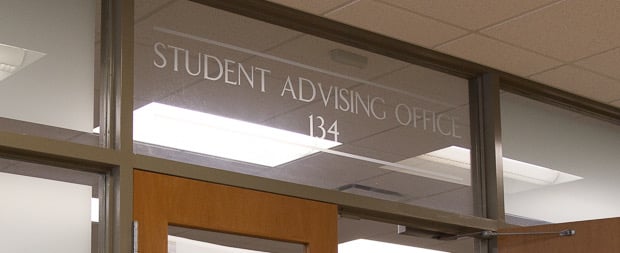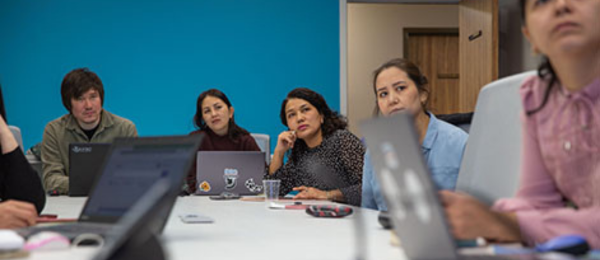
Meet Professor and Program Director, Nick Myers
For application related questions, email kingrad@msu.edu.
Developing Scholars
The primary objective of the doctoral degree program in Kinesiology at Michigan State University is to develop scholars who are competent in teaching, conducting research, and serving in leadership roles in various educational, governmental, public, or private agencies. In addition to developing expertise in a chosen area of concentration, students must be able to interpret and integrate information from related academic disciplines. As part of the degree, student will create an individualized program of study, which takes into consideration students’ academic needs and professional goals.
Our Focus
The kinesiology doctoral degree program involves a disciplinary and interdisciplinary research focus on physical activity and sport across the lifespan with a special emphasis on youth. With a variety of concentrations available within the degree, faculty and doctoral students are currently studying several different aspects of pediatric kinesiology. Such topics include motor development in infants and young children, interventions to increase physical activity, cognitive functioning during preadolescence and the development of life skills through youth sport participation.
Big Ten Quality
As part of the Big Ten Conference, Michigan State University offers a quality education. The Big Ten leads all other conferences with the most Academic All-Americans and many Big Ten institutions are ranked within the top 86 universities in the nation. As a part of the College of Education, Kinesiology is situated in the same college as several top-10 ranked programs in the nation, including four programs ranked #1.
Doctoral Visitation Program
Each year the kinesiology department invites prospective students on campus to learn more about the KIN doctoral program and the MSU community. The doctoral visitation program is a unique and valuable opportunity for prospective students. Selected students are invited for an expense-paid visit to meet with faculty and current doctoral students to decide whether MSU is the right place to study.
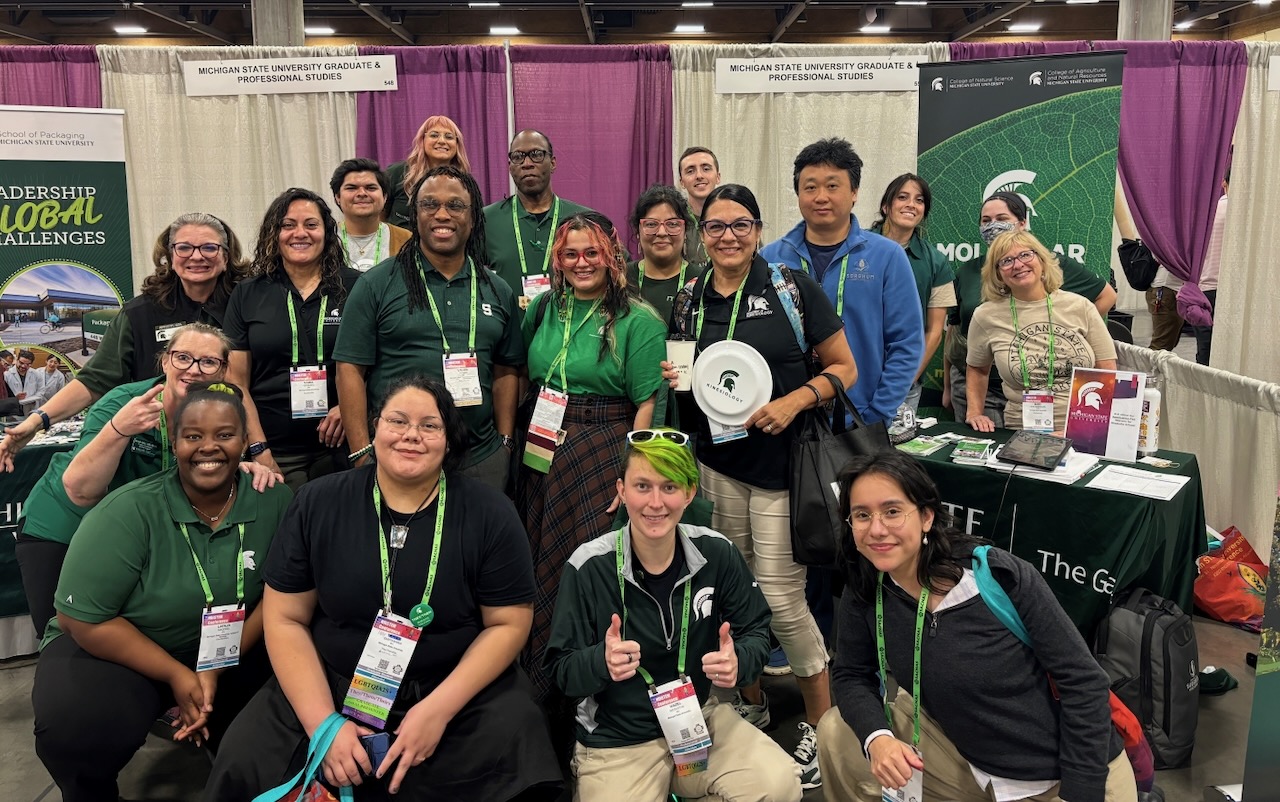
4 Main Concentration Areas
Athletic Injury and Rehabilitation
Exercise Physiology
Cognitive and Motor Neuroscience
Psychosocial Aspects of Sport and Physical Activity
Unparalleled Teaching Opportunities
In the Kinesiology doctoral program students are given numerous opportunities to practice and develop their teaching skills. Students both co-teach and independently teach a variety of undergraduate kinesiology courses over the course of their study. A variety of resources are available to students for their professional development as a teacher through graduate certificates and courses designed to develop effective teaching skills.
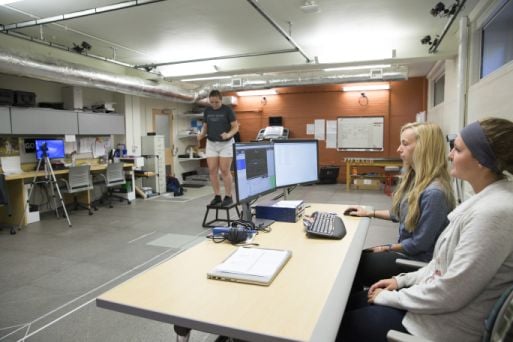
Research Labs
The kinesiology department has a variety of research labs, such as the Institute for the Study of Youth Sports, the Health Behaviors and Cognition Laboratory, the Human Energy Research Lab, and the Center for Physical Activity and Health. Learn more about the kinesiology research labs.
Conference Funding
To promote the attendance and presentation of student research at academic conferences, the KIN department provides up to $400 per year to help students with costs associated with professional development related activities. The Council of Graduate Students and the Graduate School also offer conference funding for students to present research at professional conferences.
